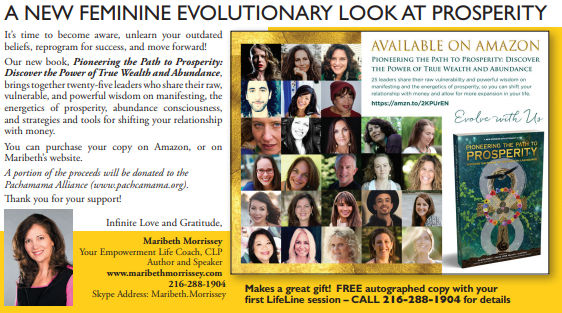By Bruce Bechhold, CPA, Walthall CPAs
All business owners need to decide when will be the right time to step out of the family business and how you’ll do it. There are many estate planning tools to transfer your business. Selecting the right one depends on whether you plan to retire from the business or keep it until you die.
Perhaps you have family who want to continue the business after your death. While you’ll want to transfer your business to your successors at its full value, income, gift, and potential estate taxes can take up much of the business. Business succession planning must include ways to ensure the continuity of your business with the smallest possible tax consequences.
If you want to transfer some of your business to your beneficiaries now, gifting can help minimize your gift tax liability. In 2017, you can give up to $14,000 per year, per recipient without incurring gift tax. By transferring portions of your business in this manner, you may manage to transfer a significant portion of your business free from gift tax. It can take a long time to transfer your estate.
You choose when to sell/transfer – now, at retirement, at death, or anytime in between. As long as the sale/transfer is for the full fair market value of the business, it is not subject to gift tax or estate tax. If the sale occurs before your death, it may be subject to capital gains tax. There are many strategies to consider.
A buy-sell agreement is a legal contract that prearranges the sale of your business interest between you and a buyer. It lets you keep control of your interest until the occurrence of an event that the agreement specifies – retirement, disability, divorce, or death. When the event occurs, the buyer must buy your interest from you or your estate at fair market value. Price and sale terms are prearranged. You can’t sell or give your business to anyone except the buyer named in the agreement without the buyer’s consent. This could restrict your ability to reduce the size of your estate through lifetime gifts of your business interest, unless you carefully coordinate your estate planning goals with the terms of your buy-sell.
Another tool is a grantor retained annuity trust or a grantor retained unitrust, which are irrevocable trusts in which you transfer appreciating assets while retaining an annuity or unitrust payment for a set period of time. An annuity means you receive fixed periodic payments, while a unitrust means you receive payments of a fixed percentage of trust assets. At the end of the payment period or your death, the assets in the trust pass to the beneficiaries. The value of these trusts’ interest is subtracted from the value of the property transferred. If you live beyond the payment period, the business may be transferred to the next generation at a reduced value for estate tax or gift tax purposes.
A private annuity is the sale of property in exchange for payments for the rest of your life (and/or a second person). You transfer complete ownership of the business to family. A joint and survivor annuity provides payments until the death of the last survivor. A private annuity is a sale and not a gift, so it allows you to remove assets from your estate without incurring gift tax or estate tax.
A self-canceling installment note allows you to transfer the business to the buyer in exchange for a promissory note with payments until your death. SCINs provide for a lifetime income stream and avoidance of gift tax and estate tax.
With a family limited partnership, you establish a partnership with both general and limited partnership interests and transfer the business to this partnership. You keep the general partnership interest and gift the limited partnership interest to family over time. The value of the gifts may be eligible for valuation discounts as a minority interest and for lack of marketability, which means you may transfer much of your business at significant transfer tax savings.
There are different strategies for minimizing taxes, and none are without drawbacks. You should consult with a tax professional and an estate planning attorney to explore all strategies.
























